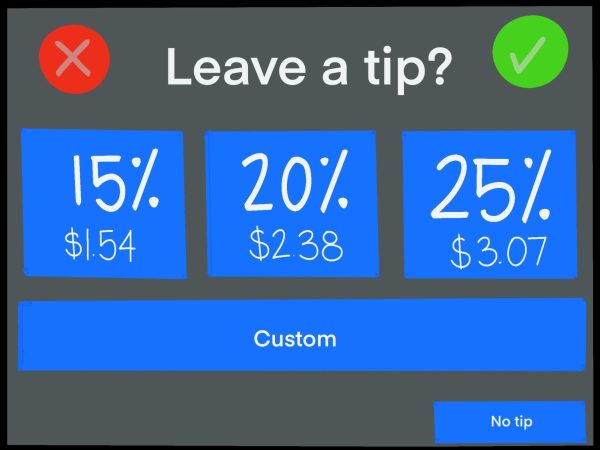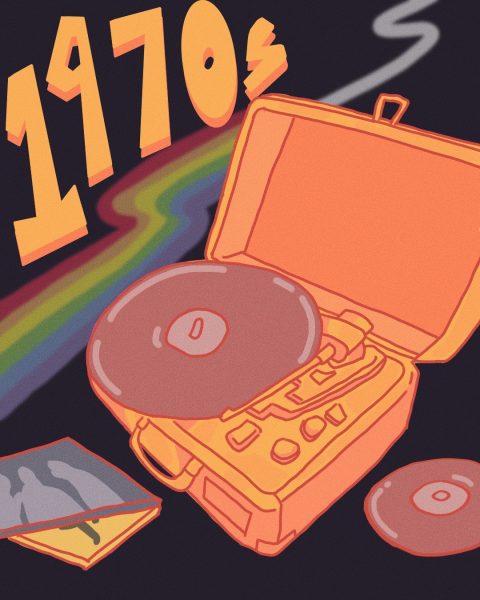High hopes for marijuana legalization
With limitations, potential fiscal benefits outweigh risks
July 8, 2016
Imagine paying less taxes while better funding public amenities such as schools, libraries, and services. This could be possible by legalizing marijuana, a natural and benign plant.
A proposed Massachusetts statute on legalizing the recreational use of marijuana for adults age 21 and older emphasizes the multitude of reasons to legalize marijuana. These reasons include the harmlessness of the “drug”, the money that the government could save by not enforcing marijuana prohibition, the little effect banning the plant has on many individuals, and preventing citizens the right to use a substance contradicts our entitlements to certain liberties.
Contrary to the beliefs of many, cannabis is not harmful to the body. There has not been a single case of overdose, and it does not kill brain cells.
There are two long term effects of marijuana, including breathing problems like bronchitis and increased heart rate. This was reported on a March 2016 article “DrugFacts: Marijuana” on the National Institute on Drug Abuse. Breathing problems may arise by inhaling smoke containing Tetrahydrocannabinol, or THC (the active ingredient in marijuana). This can be avoided by vaporizing the hemp leaf or baking it into food. Increased heart rate can be combated by drinking a lot of water to increase blood pressure, thus lowering the heart rate.
The government could profit from decriminalizing recreational usage as well.
According to Matt Sledge in his April 2013 article “Marijuana Prohibition Now Costs The Government $20 Billion A Year: Economist” on The Huffington Post, the United States spends more than nine billion dollars annually by enforcing marijuana prohibition. This money is being provided by taxes and could easily be transferred to other funds.
Legalizing marijuana would put taxes to better use or decrease taxes, and the government could actually make money through taxing the legalized drug.
Another 9.5 billion dollars could be generated through taxing marijuana alone, according to Sledge.
Furthermore, prohibiting marijuana has minimal effect to a large population. Regardless of whether cannabis is lawful, people will still use it at their leisure.
Even with strict laws governing hemp, in 2014 alone there were almost 700,000 marijuana-related arrests, reported Bruce Wright on his September 2015 article “Marijuana Legalization 2015: US Pot Arrests Increased In 2014 With 1 Every 45 Seconds, FBI Data Show” on ibtimes.com. This proves that trying to enforce marijuana prohibition is useless as even though there are many arrests on marijuana usage, possession, and distribution, many disregard the law and commit these illegal acts anyways.
I understand that many believe marijuana to be a drug that causes people to be less productive and lack motivation, but America is a free country and people should have the right to do as they please as long as it doesn’t affect anyone else and the user is safe. There should be limitations and regulations on the use of this drug, but generally marijuana should be legal for recreational use of all individuals in Massachusetts over the age of 21.
After reading this, ask yourself, should possessing and using marijuana recreationally be a liberty all Americans should have? Or should it be illegal even with all of the compelling evidence that it would help the government and the citizens?





















